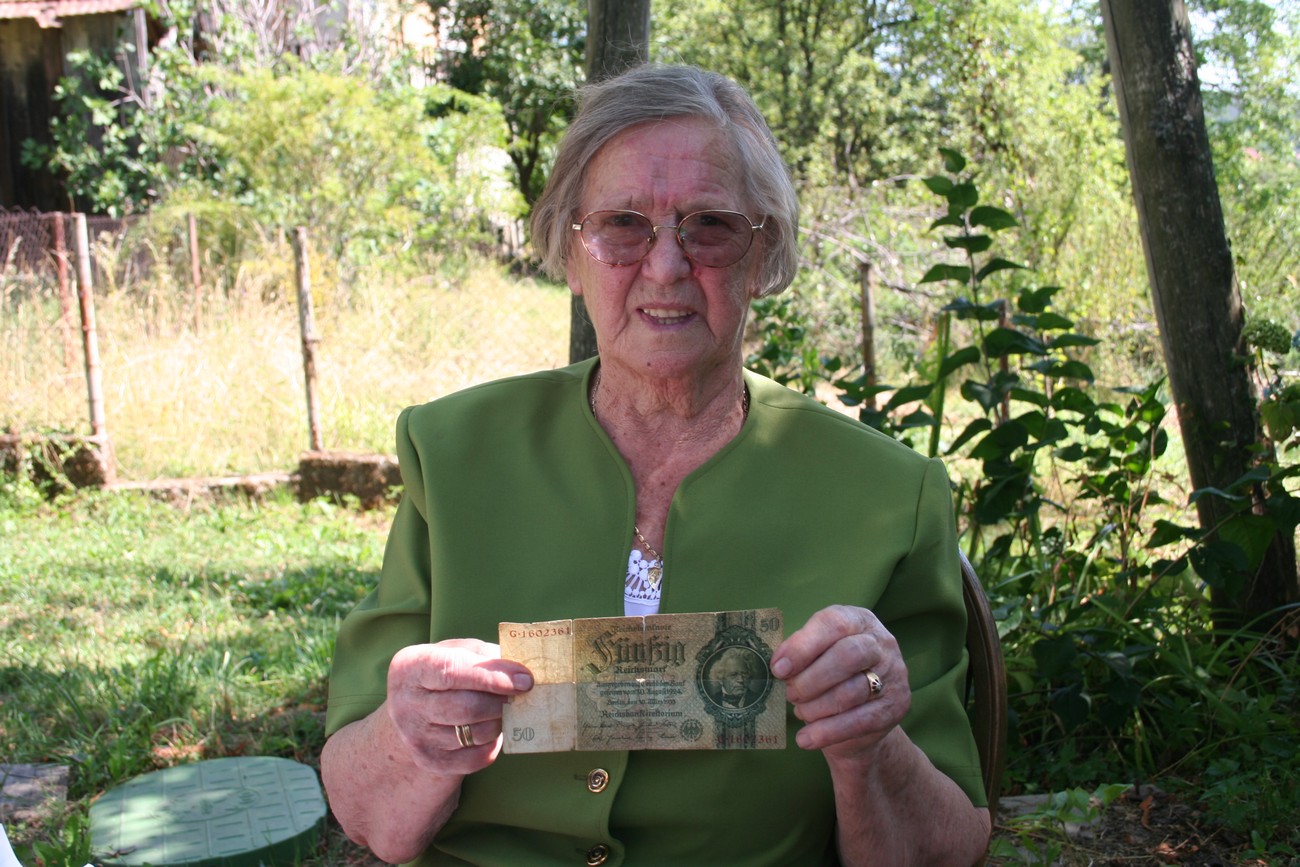Violence against the Local Population Due to the thriving partisan movement Italians started burning down villages and deporting people to concentration camps, especially to the island of Rab and to Gonars.
At the Gorjanci/Žumberak mountain range, the Italians had a border post in Radatovići and Ostriž. The Italian soldier Giovanni Cuccu – Ivo, who later joined the partisans, wrote in his memoirs: »We considered the Radatovići post a penalty, because it had a smaller garrison, was way up in the hills and consequently very dangerous /…/ On 4 December 1942, our garrison retreated from Radatovići, and five days later from Ostriž, too. , and the partisans most likely arrived there after us, again cheered on by the villagers.« Cucco, Šestnajst mesecev med slovenskimi partizani, 42, 54.
In December 1942, Žumberak became a free territory, almost a year before Italy capitulated. That was why many joint Slovene-Croatian partisan hospitals were created in that area; in 1975, the road between Brezovica and Radatovići was renamed the Road of Partisan Hospitals. The memorial plaque in Brezovica testifies to that.
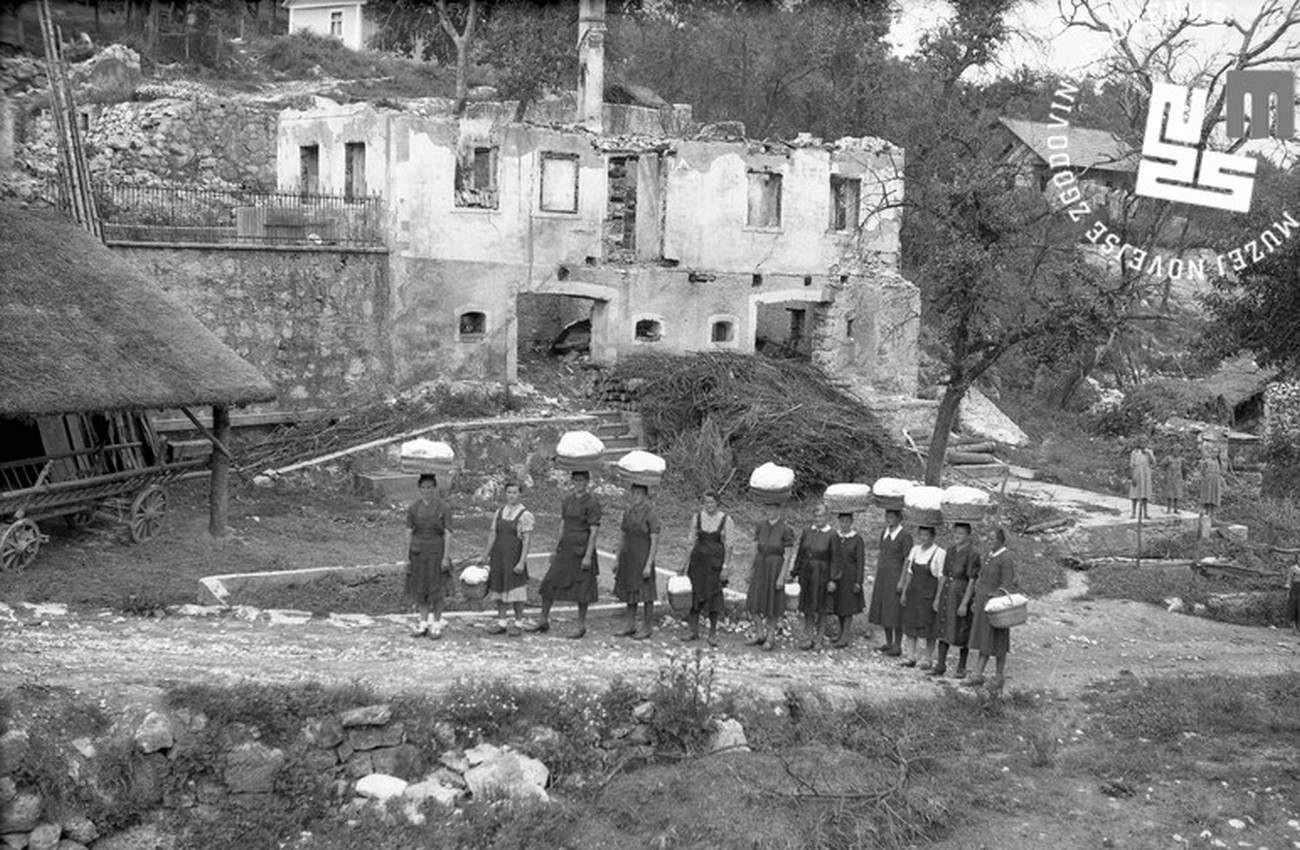
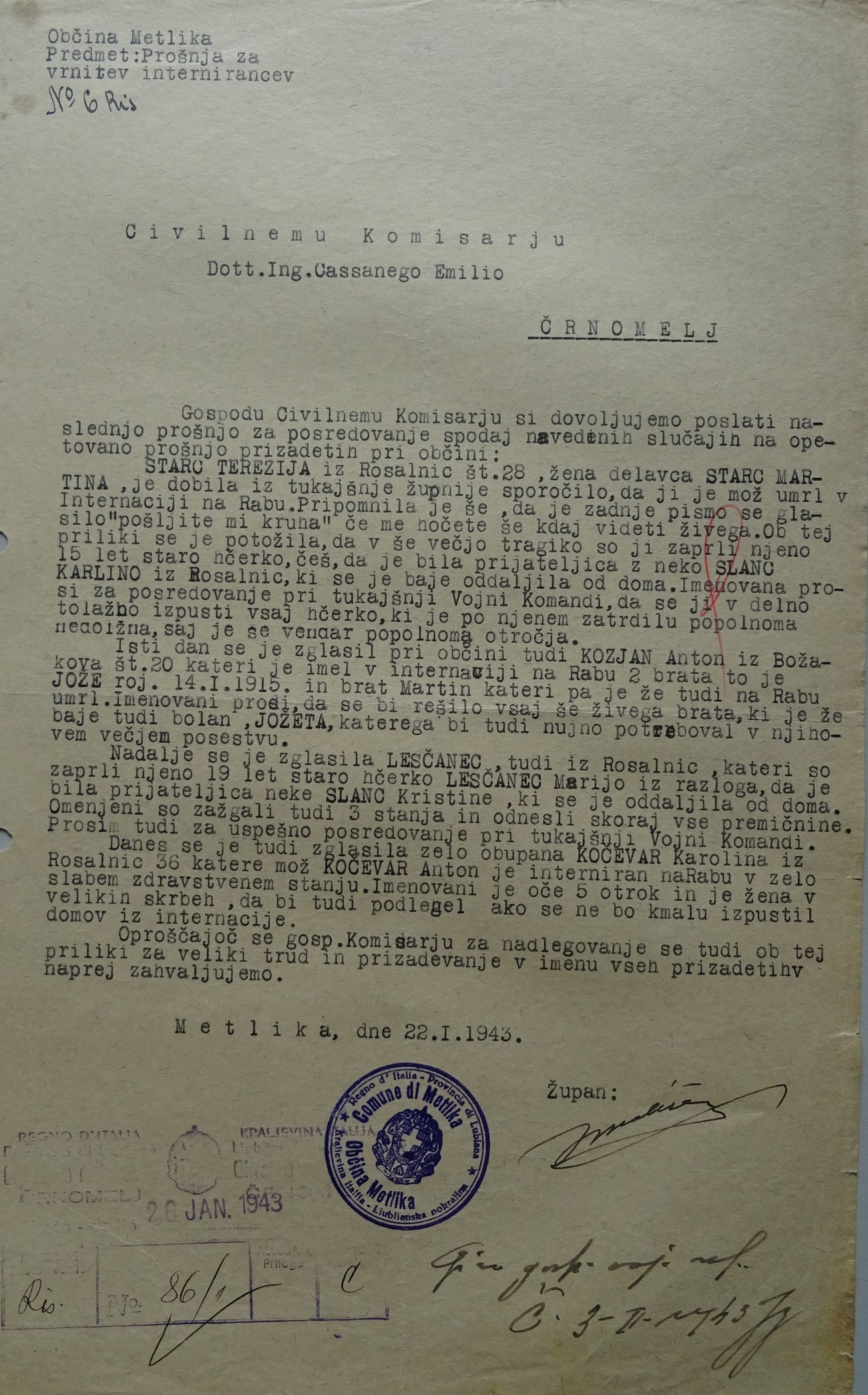
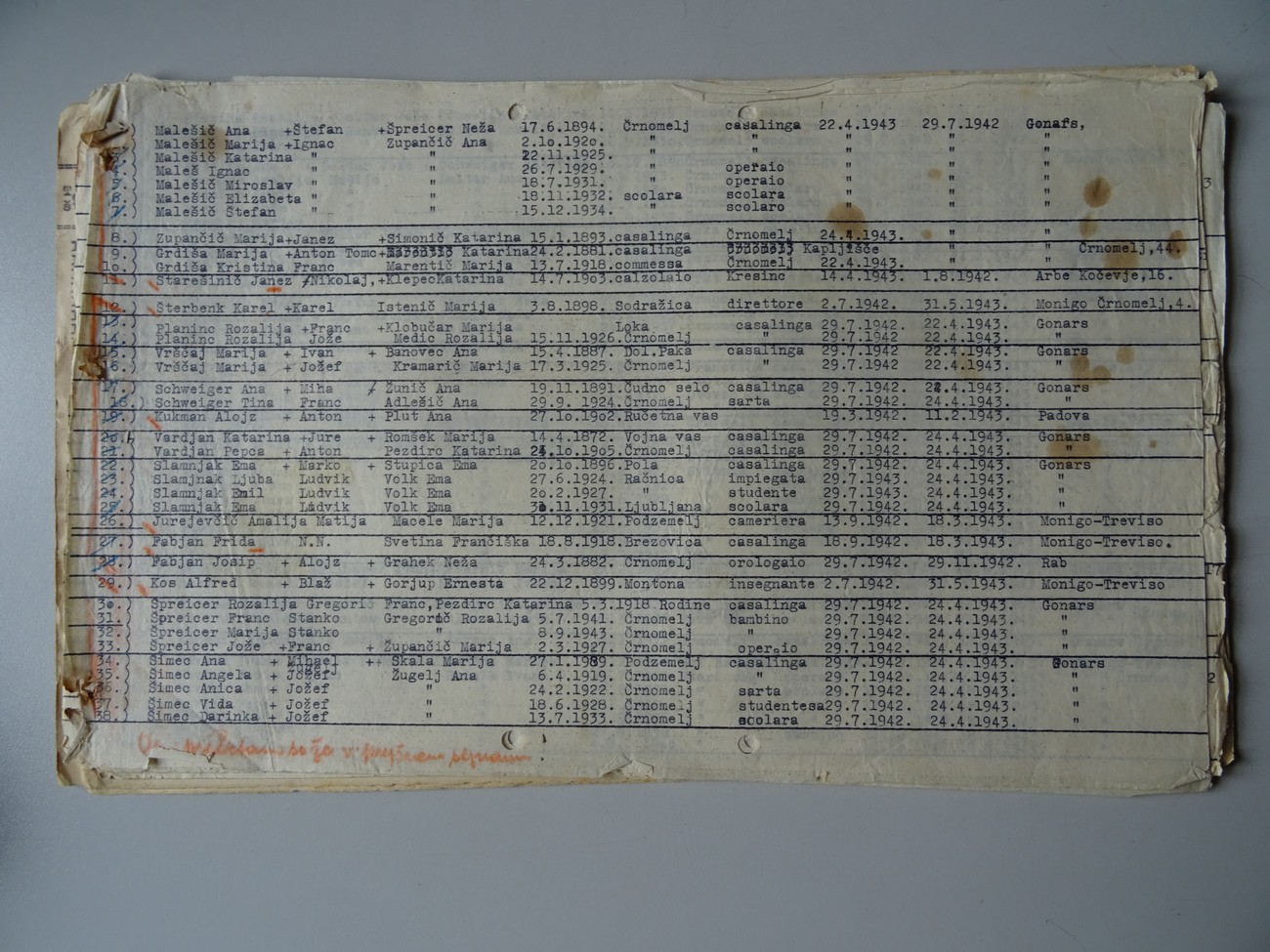
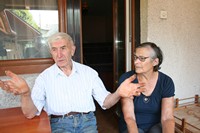
My brothers were partisans, namely Tone, Janez and Jože /…/ The Italians burnt down our house and the family Krstinc house.(Photo by Božidar Flajšman.)
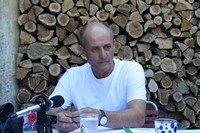
When the first partisan groups emerged, they (Italians) issued a decree demanding that one man from each house come to Radatovići /…/ They captured over 350 boys /…/ they decided to send them to the Rab concentration camp to reduce the number of potential rebels. A group of 30 ran away, but the rest were taken to Rab.(Author: Sonja Bezenšek.)
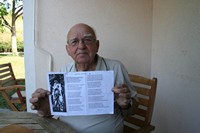
Because the partisans had cut the telephone cable connecting the Italian border posts in Radatovići and Ostriž, the Fascists burnt down Bojanja vas on 7 August 1942.(Author: Božidar Flajšman.)
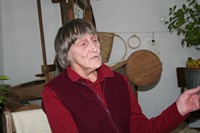
The Italians burnt down our house and drove away six head of cattle /…/. They burnt it because my brother was a partisan.(Author: Božidar Flajšman.)
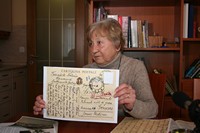
Darka relates that in late July 1942, the Italian occupier took it out on 36 families of partisans in Črnomelj. Her three brothers were partisans, while her fourth brother was a railwayman in the Gorenjska region, in the German Occupation Zone. Darka, her mother and three sisters were interned at the Kampor camp on the island of Rab, and later at the Gonars camp.
There were cases when lice literally ate away the children's skin. The parents died and the children were left behind. It was horrible, horrible.(Author: Sonja Bezenšek.)
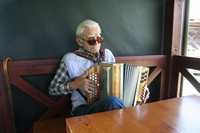
Not a single inhabitant of Žuniči went to an Italian concentration camp. We were lucky, because the lorries had already arrived to take us away, but the Italian commandant in Žuniči prevented it.(Author: Božidar Flajšman.)
According to the account of Marija Starešinič from Preloka, the same situation occurred in Bojanci. Because of the love between the Italian commandant and a girl named Zora from Bojanci. The Italian commandant simply prevented them from taking any inhabitant of Bojanci to internment.
The circumstances obviously differed from place to place.
